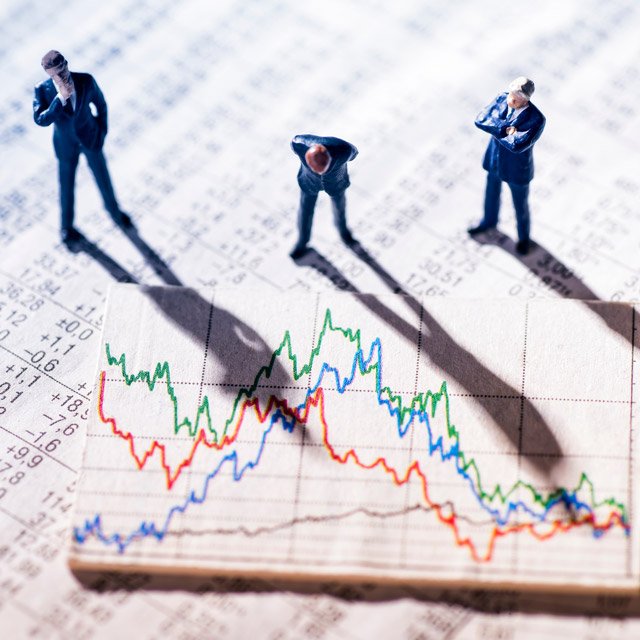
Active share, which has been heralded as an important measure to use when choosing actively managed funds, fails to identify strong performers, according to a new Morningstar report.
The fund data and research company studied the performance of open-end mutual funds across nine different Morningstar categories from 2003 through 2020. It found that even when high active funds outperformed before fees — which occurred in large-cap value, blend and growth categories — "their much-higher fees substantially eroded their edge."
High active funds had fees 20 to 50 basis points higher than low active funds within the same category, according to the report, which was written by strategist Robby Greengold. In addition, high active funds had more risk than low active funds across all categories.
"Investors in high active share funds have mostly endured more risk while paying steeper fees for mediocre relative returns," according to the Morningstar report.
Active share is that portion of a fund's assets that diverge from its benchmark index and therefore differentiates a fund from its index. A fund that precisely replicates an index has no active share; one that has no index assets has 100% active share.



